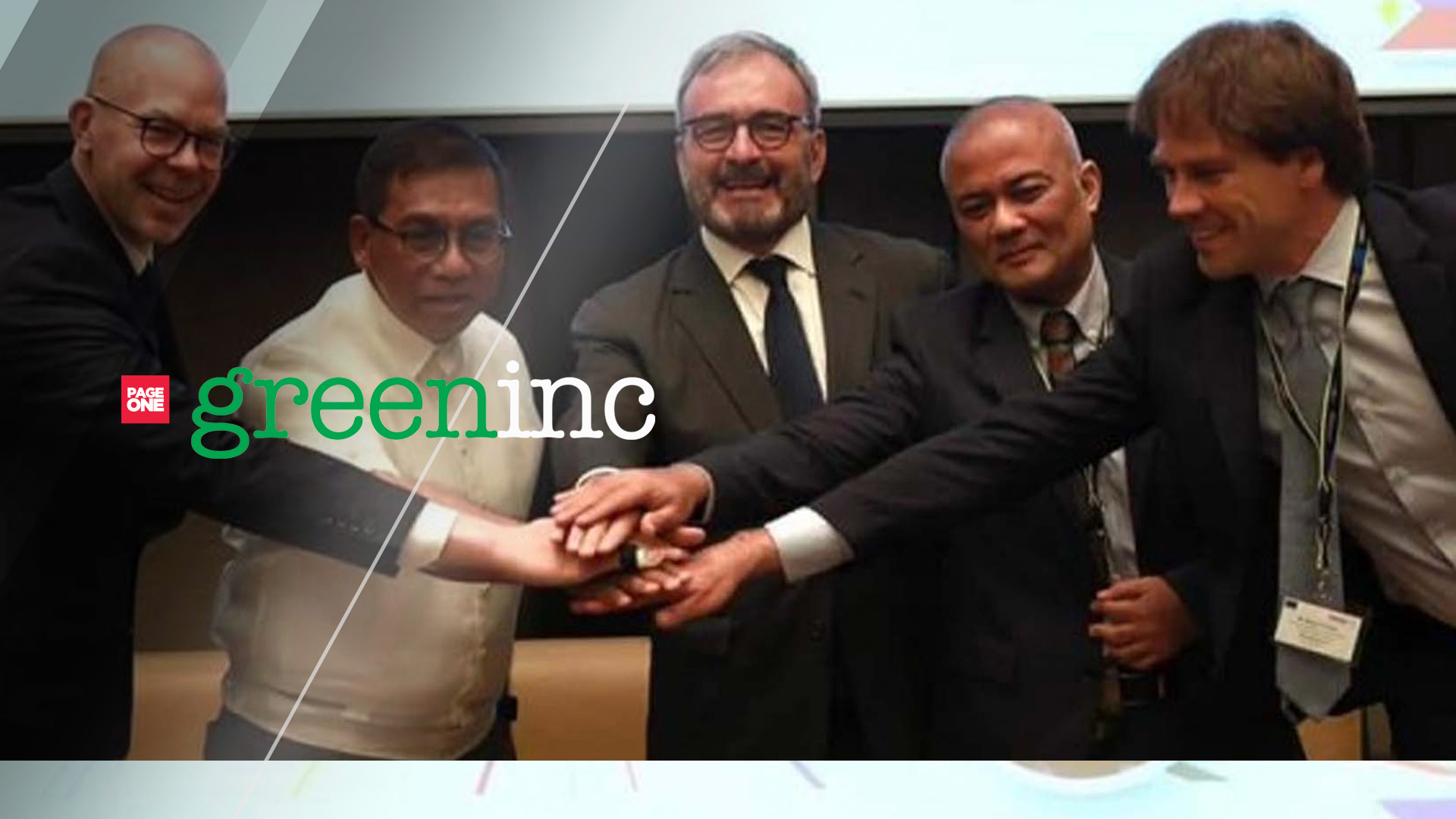The Philippines and the European Union (EU) on Monday launched the Copernicus Capacity Support Action Programme for the Philippines (CopPhil), a first in the region space cooperation program worth PHP610 million.
Copernicus is the EU’s earth observation flagship program that provides a free environment and climate data derived from a constellation of satellites – the Sentinels — which monitor the earth and its many ecosystems 24 hours daily.
CopPhil seeks to aid Philippine authorities develop national systems to make use of EU’s earth observation’s satellites data in disaster mitigation and climate change adaptation and food security strategies.
“To be most effective in reducing disaster risk, an integrated systems approach to governance, featuring strong coordination and cooperation across sectors and levels is needed,” said Department of Science and Technology (DOST) Secretary Renato Solidum Jr. during the launch in Pasay City.
He added that if the country could prevent hazards from becoming disasters, it could also futureproof its development and economic gains.
Solidum said the demand for innovative approaches that can create disaster resilience have become bigger.
The Philippines, for instance, is constantly confronted with climate and disaster risks, and is vulnerable to its impacts, he pointed out.
“CoPhil will develop and leverage our own Space Science and Technology applications to strengthen the nation’s resilience to disasters and climate change,” he said.
He added that the agency has been utilizing Sentinel datasets for land cover mapping, aquaculture monitoring, and forest and watershed management monitoring around the Philippines.
Using the Copernicus data collection system would support the Philippine government’s decision-making and policy implementation monitoring based on timely and accurate data, Solidum said.
He also said the data would help the government gain an improved understanding of hazards and risks from the space perspective, identify challenges and identify analysis tools to support planning and decision-making.
For his part, EU Ambassador to the Philippines Luc Véron commented that the cooperation program will lead to “a stronger and more shock-resilient Filipino economy and society.”
Véron also said the EU is exploring the possibility to create a network of Copernicus partners in the Asean of Southeast Asian Nations (ASEAN) region aside from other parts of the world.
“The uptake of innovative technologies such as Copernicus will trigger growth, jobs and modernization of digital infrastructures that can be used in many sectors in the Philippines,” he said.
Philippine Space Agency Director General Joel Marciano Jr. welcomed the partnership with the EU, saying it would boost the domestic space value chain, particularly in processing and using satellite images and space data.
“CopPhil is an integral part of our efforts to mobilize space data for societal benefit and value, for strengthening the country’s domestic space value chain, and for positioning the Philippines as a hub for space data mobilization excellence in the region,” he said.
Marciano cited as an example that PhilSA has provided Copernicus Sentinel data to the Department of Agriculture for road network monitoring, movement of goods, hazard mapping and ship detection.
The open data from Copernicus, he said, has also enabled access to crucial data such as volcanic emission monitoring, mapping of canopy heights, crops, among others. (PNA)








